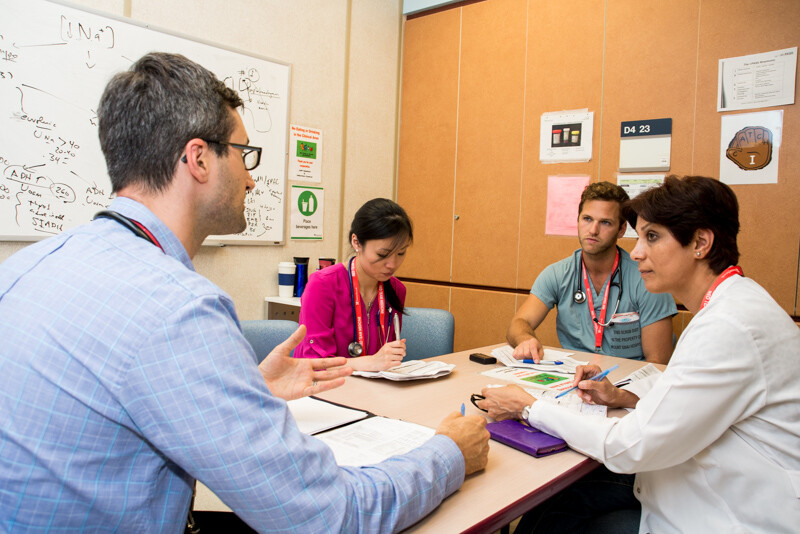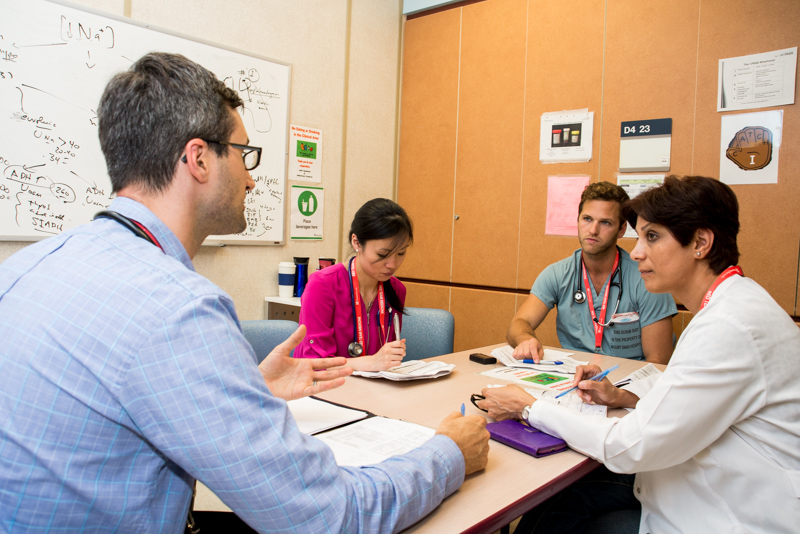Main Second Level Navigation
Jan 7, 2021
Laying fears to rest: CFAR & promotion in the COVID era
About Us, Cardiology, Clinical Immunology & Allergy, Clinical Pharmacology & Toxicology, Division of Dermatology, Education, Emergency Medicine, Endocrinology & Metabolism, Faculty, Gastroenterology & Hepatology, General Internal Medicine, Geriatric Medicine, Hematology, Infectious Diseases, Medical Oncology, Nephrology, Neurology, Occupational Medicine, Physical Medicine & Rehabilitation, Quality & Innovation, Research, Respirology, Rheumatology, Palliative Medicine


 Back in April, when the COVID pandemic was still “new,” I wrote in my
Back in April, when the COVID pandemic was still “new,” I wrote in my 